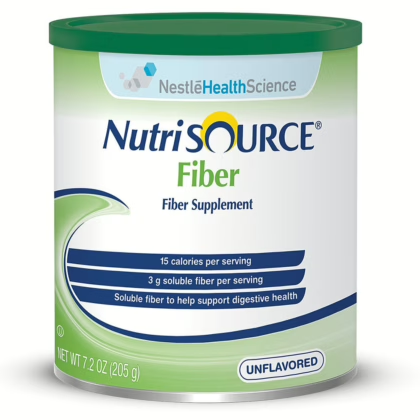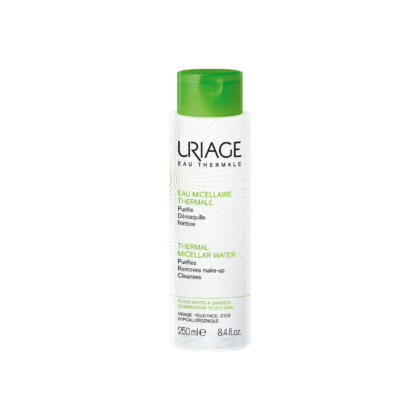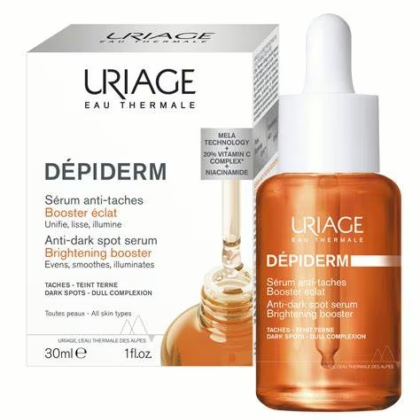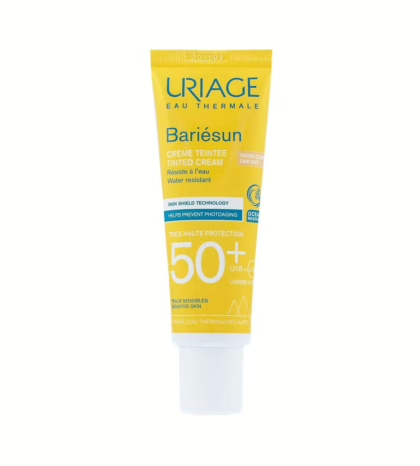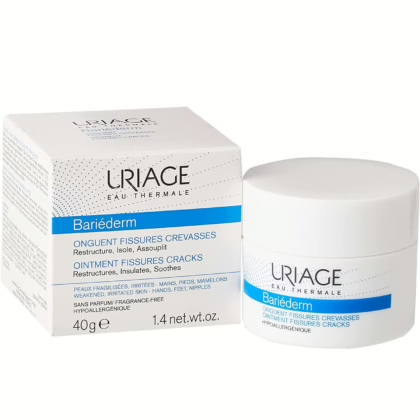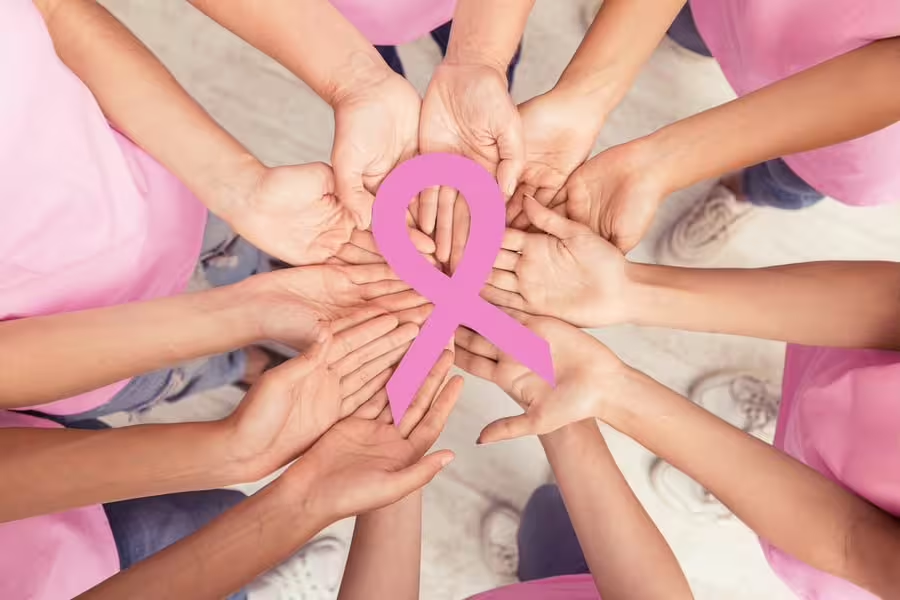
Pink October! October is Breast Cancer Awareness Month. Awareness is not only limited to knowing the symptoms but also knowing some tips that help you in breast cancer prevention.
Though there is a lot of good news such as scientists are constantly developing new therapies and we now know more than ever about strategies to avoid the disease, you should learn more about breast cancer.
These are general tips for all women
A healthy diet can help reduce the risk of breast cancer. Try to eat plenty of fruits and vegetables and drink less alcohol. Some studies also suggest that a diet rich in vegetables, fruits and dairy products that is rich in calcium, but low in red meat may help reduce the risk of breast cancer.
If you are at risk of developing breast cancer, for example, if you have a strong family history of breast cancer or a known inherited genetic mutation that increases your risk of developing breast cancer, your doctor will help you determine your risk of developing breast cancer and what options are available and appropriate for you to prevent your risk.


